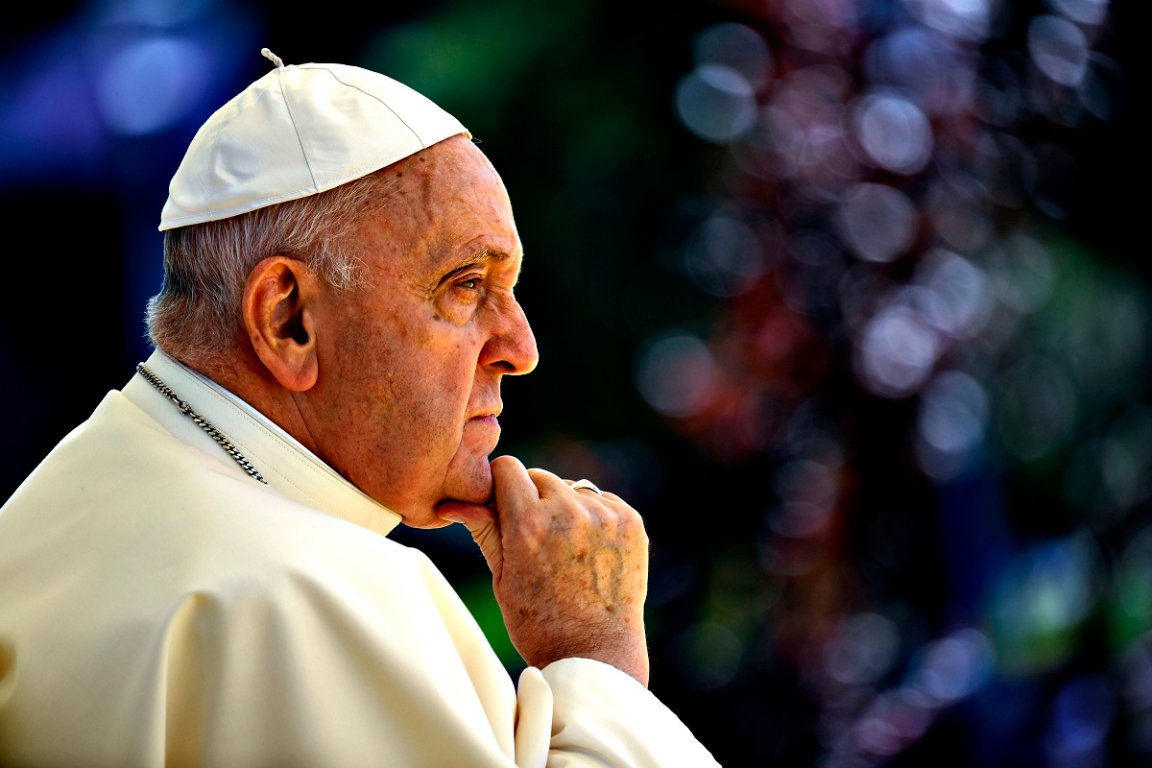
During his papacy, Pope Francis was an outspoken supporter of organ donation, the medical term meaning when a person signs paperwork so that after they die, their organs can be used in transplants to save the lives of others.
The practice “means looking at and going beyond oneself, beyond one’s individual needs and opening oneself generously to a wider good,” he said in 2019, adding that “organ donation is not only an act of social responsibility, but also an expression of the universal fraternity which binds all men and women together.”
But ironically, the former pontiff — who passed away this week at age 88 — appears to have been unable to be an organ donor himself, at least after becoming the head of the worldwide Catholic Church in 2013.
We know that because the topic came up in relation to his predecessor, Pope Benedict XVI, years before his death in 2022.
As CBS reported back in 2011, the debacle began when a German doctor had been advocating for organ donation by correctly pointing out that then-Pope Benedict had volunteered as an organ donor decades prior.
But the campaign drew the ire of the Vatican, which ended up issuing its own announcement saying that the pope’s organs would not be donated upon his death.
Their reasoning? The pope’s body belongs to the Church, and thusly, so do his organs. In interviews with The Guardian, several Vatican insiders suggested that the pope’s body would need to remain intact for postmortem veneration rituals, which could be made more complicated if his organs lived on in other bodies.
The matter didn’t come up again during Benedict’s time as pope because he ended up stepping down from the papacy due to poor health in 2013, making him the first pope in nearly 600 years to resign rather than die in the position. (He ultimately passed away at the age of 95 in 2022.)
While it’s somewhat unclear whether the de facto rule against papal organ donation was ever formally announced or enforced prior to the outcry in 2011, a pope’s organs weren’t historically kept with the remains of deceased holy fathers until the turn of the 20th century.
Until 1903, when Pope Pius X took charge of the Holy See, a pope’s organs were routinely removed after death and kept as relics at Rome’s Church of Saints Anastasio and Vincent near the Trevi Fountain. A traditionalist and doctrinaire, Pius X banned the removal of papal organs, and subsequent popes haven’t had theirs removed since.
As Euronews reports, Pope Francis’ body has already been preserved for display using a technique called thanatopraxis, which is considered less invasive than embalming and has been practiced by the Catholic Church for centuries. After his funeral this coming Saturday, Francis is slated to be buried, per his wishes, at St. Mary Major Basilica in Rome where he — and his organs, seemingly — will lie for eternity.
More on remains: Florida Woman Arrested for Selling Human Remains on Facebook Marketplace